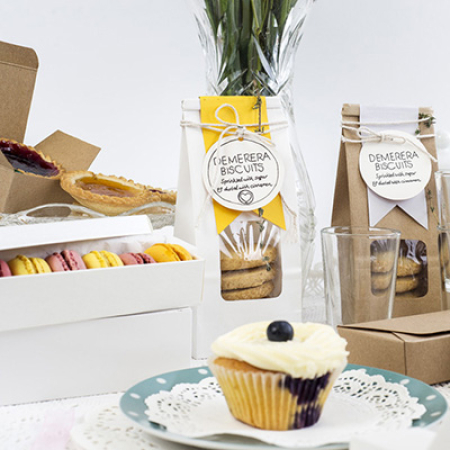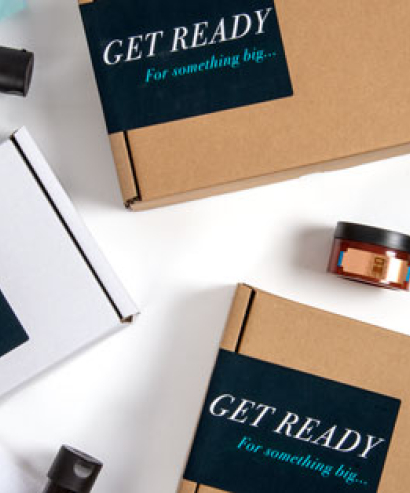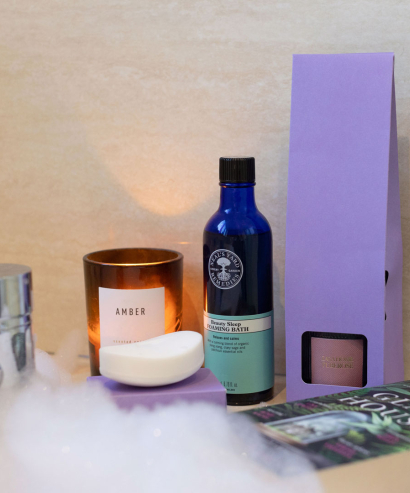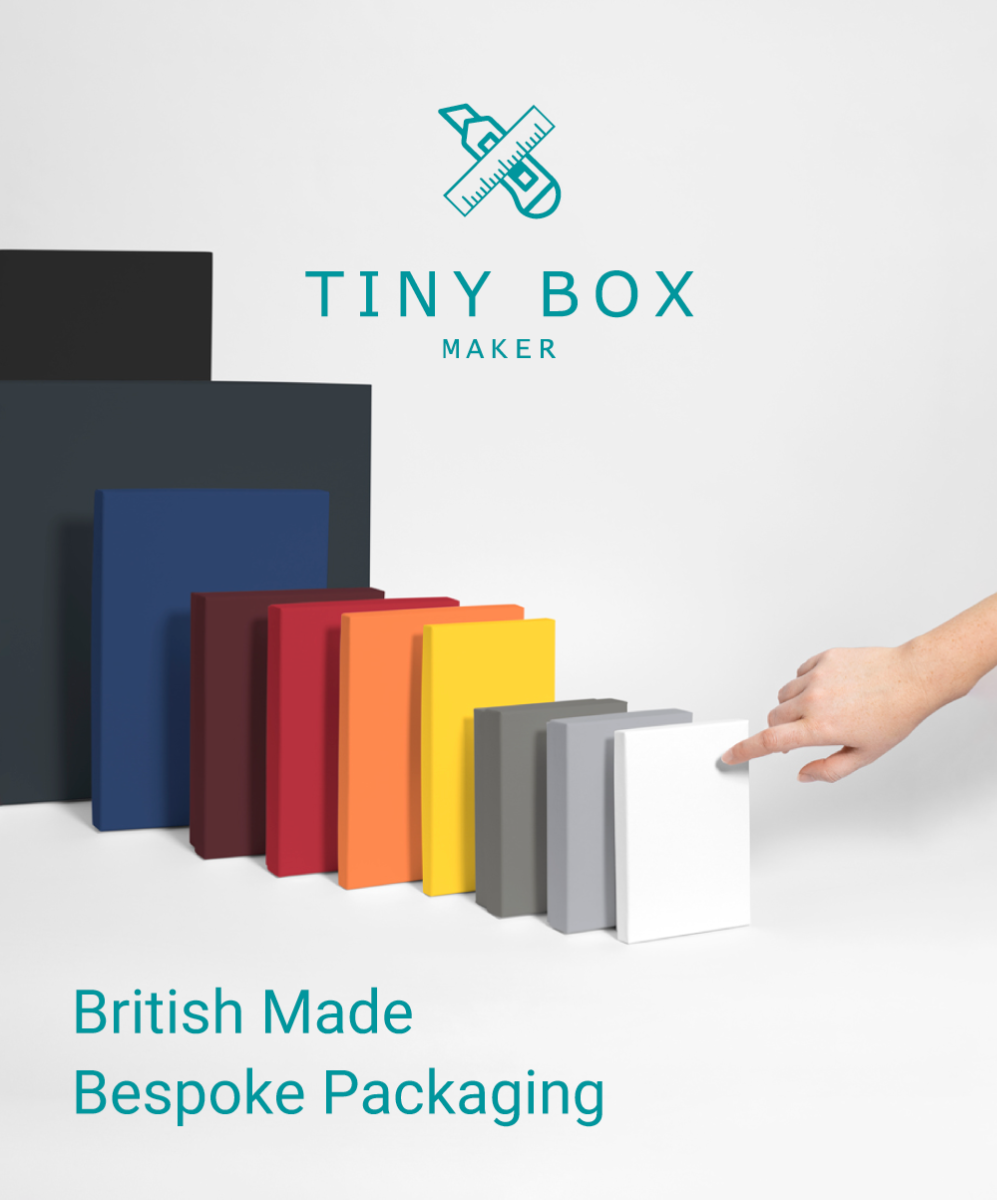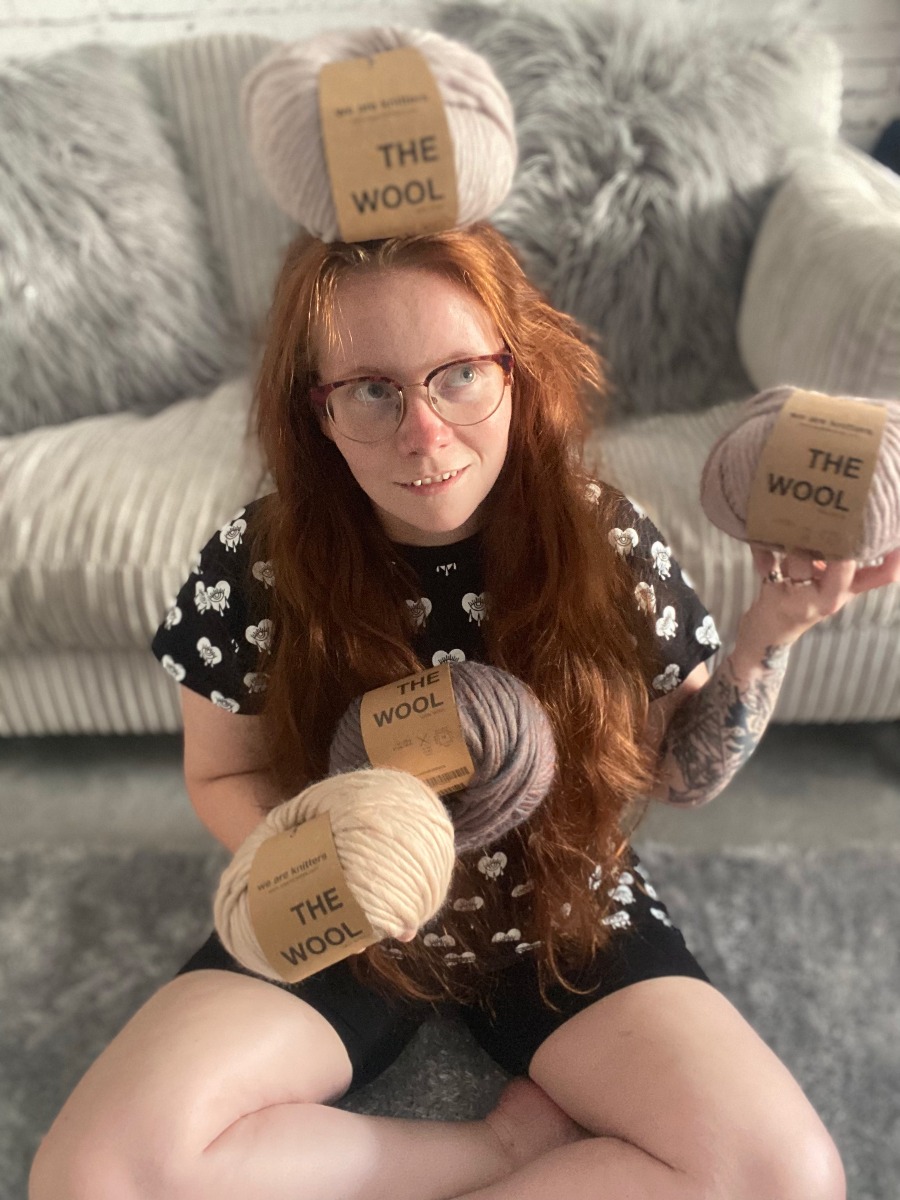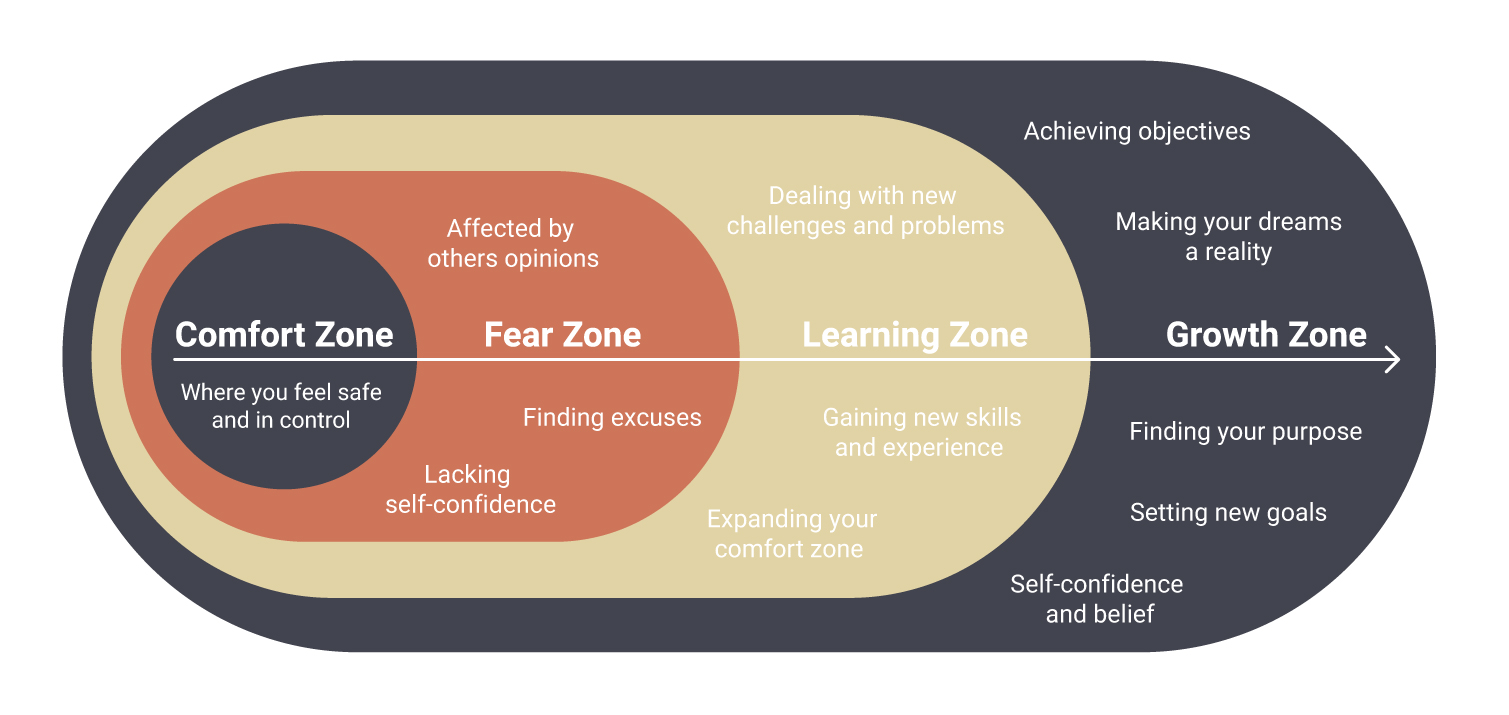
Imposter Syndrome and how to use it to your advantageWe all remember those initial feelings and nerves of starting our own business, pitching your idea to your friendship group and your family. Dad sat in the corner of the room looking at you over his paper, “you’re not going to invest your money in that are you, surely you’d be better off investing in some shares”. Mum’s nodding whilst you explain your plans, “mm hmm, yes, but what about income, you’re going to need to sell a LOT of knitting patterns to put food on the table”. You knew what you were in for, you understood how hard it would be, but are mum and dad right, should you just be playing it safe?
Enter stage right; Imposter Syndrome.
An opportunity to learnWhen you set up your business - whether it was a long distant memory, or you’re in the process as we speak - what were your initial feelings?
Be comfortable with being uncomfortableIf someone had told me on my first day working for Tiny Box Company that I’d be standing in front of a camera offering small business advice to an audience of over 14,000 people, or I’d have to organise a beach clean event and stand in front of people I didn’t know with a megaphone, I’d have run for the hills and set up camp. The comfort zone is an amazing place, it allows you to avoid risk, you’re familiar with your surroundings and you can plod along quite nicely without fear. But you have to ask yourself, how will it challenge me?
“To lead is to be an imposter. If you are doing work that hasn't been done before which means creativity or leadership, then you can't be sure it's going to work because it's never been done before. Instead of denying how you feel you might look at how you feel as a symptom that you are doing something important and generous. And when that feeling shows up, we can welcome it and sit with it. The harder we try to make it go away, the more powerful it becomes.” - Seth Godin
If you don’t try something new that makes you nervous, or something that could maybe go wrong, how will you learn? How will you grow? The feeling of imposter syndrome is proof that you’ve already cracked open the door and set foot outside the comfort zone. You’re beginning to push the boundaries and you’re on the path to great things.
Fitting inFinding your feet and knowing where to start, where to fit in - it’s an uncomfortable feeling. The prickling sensation running down the back of your neck when you walk into a room full of people you’re about to start networking with. Where do I fit in? How do I compare to every other small business owner in this building? We get it and we’re here for you every step of the way, like our tube boxes - starting out on a website full of square boxes. Finding where you fit it, your tribe, your community of like minded people is what helps build your confidence. Understanding that you’re in this with small businesses in the same position. It doesn’t have to be lonely at the top.
Praise your progressLook at you out here making it happen. Often I liken running a small business to climbing a mountain. You can be walking for miles and not feel as though you’re making any progress. The walk is long and hard and you’ll feel like giving up when you reach a false summit, but when you turn back, you’ll realise how far you’ve come. If you don’t acknowledge the small wins in business, it’s going to feel like a much harder journey to the top. (Comparison and perfectionism are topics for a whole other blog…or another 55, but you feel me.)
Think about all the times you make a sale, the excitement that bubbles inside you and the rush of adrenaline whilst you think ‘someone wants to buy something I MADE!’. You tell your friends and family, they’re happy for you but not as excited as you want them to be. STOP. Don’t let your expectations of their excitement disappoint you. It’s unlikely you know many people who have been vulnerable, taken the steps to starting their own business, and are experiencing all the trials and celebrations you are. You’re amazing and this is the time to revel in yourself. Whilst your family are your personal cheerleaders, they aren’t your tribe. Your community are the people who are going to motivate your progress, they’ll help you celebrate your success.
Set yourself some attainable personal goals, one’s you can celebrate when you hit them. Without goals, you’re mentally setting yourself up for failure. Without setting sights on something you want to achieve, you’ll always be moving the goalposts.
Take from it what you willAs I mentioned before, imposter syndrome will never go away - and in my personal opinion, that’s a really good thing. Change is an opportunity for growth and development.
|












